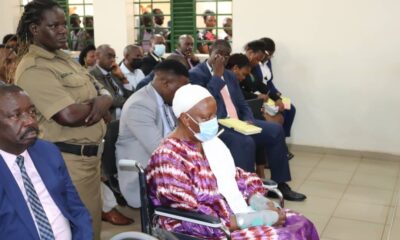In a recent development, Members of Parliament hailing from the Karamoja subregion have voiced their opposition against the government’s proposal to abolish the Karamoja Development Agency (KDA). The bill, which was presented by Karamoja Minister Mary Gorreti Kitutu before the presidential affairs committee of parliament chaired by Jesca Ababiku, has faced staunch resistance from legislators representing the Karamoja subregion.
The Karamoja Development Agency, established by an Act of Parliament in 1987, aimed to foster political, social, and economic development in the Karamoja subregion. Despite its initial objectives, the agency witnessed a decline in activities over time as its functions were transferred and duplicated under the Local Government Act.
However, legislators led by the chairperson of the Karamoja Parliamentary Group, Remegio Achia, argue that Karamoja still requires the affirmative action provided by the agency to address the developmental disparities with other regions. Achia emphasized the importance of KDA’s historical mission, stating, “The historical mission for which KDA was formed has not yet been fulfilled.”
Meanwhile, MPs from the region are actively engaging with the government to revive the agency’s operations, citing its past achievements compared to the Ministry of Karamoja. MP Hilary Lokwang highlighted that KDA, despite being dormant, has not burdened the government financially and urged for its reactivation.
The MPs also pointed out policy changes that rendered KDA inactive, including the establishment of the Office of the Minister for Karamoja Affairs. Steps to repeal the KDA Act of 1987 began in 2012, with Cabinet approval of the principles to repel the agency’s mandate, as communicated by the then Minister for Karamoja Affairs, Janet Kataha Museveni.
As discussions continue between MPs and the government, the fate of Karamoja Development Agency hangs in the balance. The resilience of Karamoja’s representatives reflects their commitment to addressing the region’s unique challenges and ensuring equitable development.




























